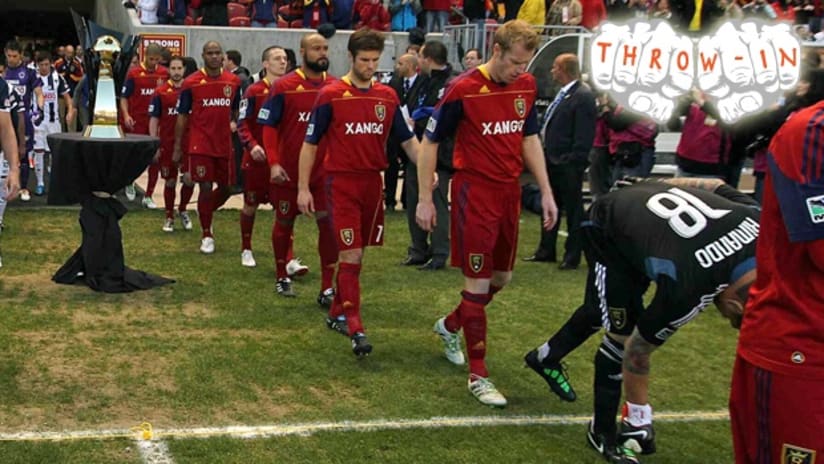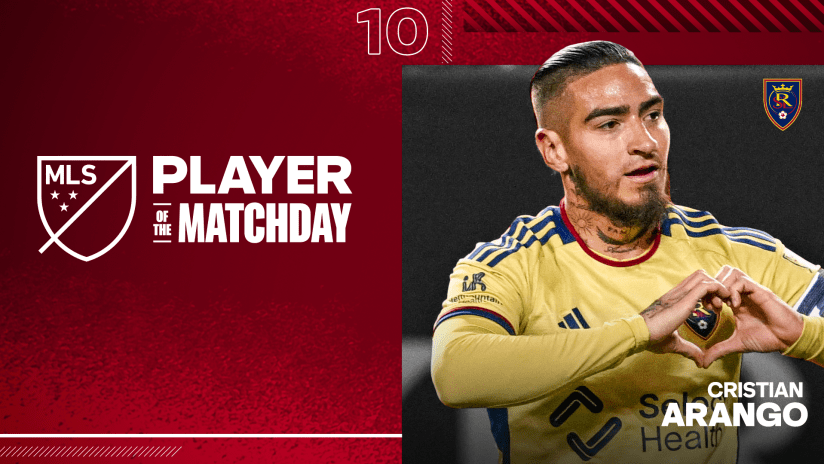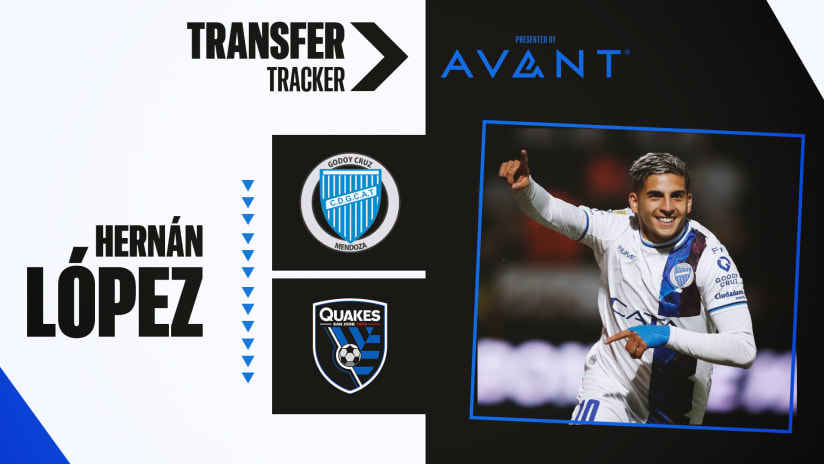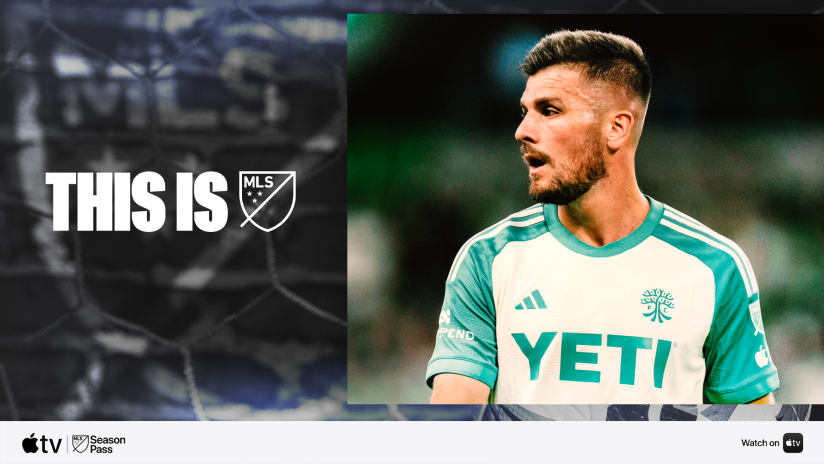Gutted. Deflated. Words escape.
If you’re an MLS fan, you’re no doubt still in shock over how Real Salt Lake failed to close out Monterrey in the CONCACAF Champions League finals. No team in the history of MLS had ever been constructed for success in the tournament until this one, and RSL still couldn’t become the first to win it.
But there are some things that can happen immediately that will strengthen the Beautiful Game in our league. Some are bold steps that require visionary undertakings by the game’s power brokers; some are common sense. There’s a lot to this recipe, but one place we can start is here at home. Here’s a four-step, outside-the-box, build-from-within proposal to creating perpetual winners in the CCL.
1. Pass on hosting the Gold Cup.
What starts at the international level trickles down to the club level. The USA has either hosted or co-hosted the last 10 CONCACAF Gold Cups and will entertain an 11th on home soil in June. And that needs to stop. Having the federation’s top international event stateside is great for economic reasons. What it’s not good for is competitive reasons.
It’s time to test the USMNT away from home. The US may be a top power in the region, but it’s also no coincidence that they have been in the final in seven of the last 10 Gold Cups – playing in front of home fans is a nice cushion, even if some of those “home fans” are cheering against you.
The US need to learn to win tough games at Estadio Azteca and Estadio Cuscatlán, not just tough ones at Soldier Field and the Rose Bowl. What a bold step it would be if the USSF declined to host the Gold Cup once in a while for these very reasons.
That would force CONCACAF back to rotating the tournament, and taking it first to Mexico or Canada – the only other nations with immediately sufficient infrastructure – and maybe eventually to other nations within the federation.
Become accustomed to big games in hostile territory. If more players understand what kind of mental fortitude that requires, they’ll become stronger. A knockout game in Estadio Saprissa will still be terrifying, but it will be less of the mythical beast it is currently.
2. Reserve a DP slot for Americans and Canadians.
No doubt the Designated Player rule has brought stars into MLS from abroad and increased the league’s profile. What it hasn’t really done is shine a light on domestic standouts. Of the 28 DPs in league history, a scant three have been American or Canadian. Attracting those big names is great, but encouraging our own stars to come home – or stay put – is arguably better in the long run.
MLS could perhaps designate that one of each club’s DP slots be reserved for Americans or Canadians, thereby guaranteeing that at least one high-paid player on each team is a domestic star. Australia’s A-League instituted such a policy this past season, allowing each team to sign – in addition to a “Marquee Player,” the league’s equivalent of a DP – an “Australian Marquee,” whose salary is similarly mostly exempt from the salary cap.
Imagine what MLS would look like if every team had at least one DP that was a big-name US or Canadian national-teamer. That would send a message to the top domestic-born talent that they don’t necessarily have to go abroad for bigger opportunities. A league with the best domestic players mixed with the best international players is the ideal combo for victory.
3. Pitch FIFA to host the Club World Cup.
Still stunned RSL won’t be the first MLS team participating in the Club World Cup? There’s an easier way to give an MLS team a taste of the annual showcase: by hosting it. In its six-year history, the CWC has rotated from Japan to the United Arab Emirates and back to Japan. After the 2012 edition, the hosting privileges appear to be up for grabs.
That’s where the USSF or CSA can step in. Our own Armchair Analyst made the point in December that the CWC is a natural fit for the US (or Canada), where the fans will descend like army ants to see the Barcelonas, Manchester Uniteds, Boca Juniors, São Paulos and Monterreys of the world play in a meaningful competition in familiar venues.
The host nation’s domestic champion automatically earns a spot in the CWC. Until MLS fields a CCL winner of its own, this is the guaranteed way to get a team into the competition against the globe’s champions. Give MLS that quick taste, and the desire to return will be that much greater.
4. Win something meaningful ASAP.
Real Salt Lake GM Garth Lagerwey hit the nail on the head on two fronts this past week: The time for moral victories and almost-history is over. The US need to take the next step in international play. The simple fact remains that, despite the USMNT’s great strides and miracle runs in numerous tournaments in recent years, no US men’s team has won a major international competition outside of CONCACAF at any level.
And that needs to change. No longer can fans be content with a Round of 16 finish at a World Cup or simply winning the Gold Cup. And not qualifying for a U-20 World Cup must be viewed as nothing less than an utter failure. The time is now for the US to figure out a way to win one of these things.
That taste of victory will change everything. As far as the Beautiful Game here is concerned, it would set the best precedent possible: This is a nation of winners.
Jonah Freedman is the managing editor of MLSsoccer.com. “The Throw-In” appears every Thursday.















